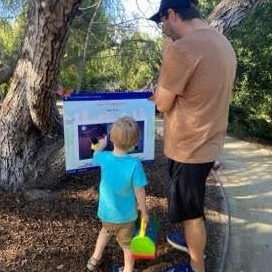The alleged effects of wind power turbines on human health have been the subject of recent public debate. A paper that summarised current scientific knowledge on this issue was delivered by Dr Marion Carey at the Royal Society of Victoria’s symposium on Victoria’s Energy Future in October 2013. The paper has since been published in Volume […]
Renowned Victorian climate scientist Professor David Karoly is the 2015 winner of the prestigious Royal Society of Victoria’s Medal for Scientific Excellence in the Earth Sciences. A Professor of Atmospheric Science from the School of Earth Sciences within the University of Melbourne’s Faculty of Science, Professor Karoly’s acclaimed career has placed him ahead of a very strong field of […]
The Royal Society of Victoria occupies a triangular site granted in perpetuity to the land’s Trustees for the purpose of supporting the activities of the Society. Since 1907, the ‘tip’ of the triangle bounded by La Trobe Street, Victoria Street and the Caretaker’s Cottage has been occupied by one of the Bureau of Meteorology’s weather stations, which offered […]
The Royal Society of Victoria invites applications for the Young Scientist Research Prizes, open for submission between 1 June and close of business on 31 July 2015. The Prizes are funded from the Society’s Science Foundation, with the Biological and Earth Sciences prizes specifically supported by the families of Edmund D Gill and Neil W Archbold, both […]
The Royal Society of Victoria is an independent, apolitical body which has been promoting science and science education since 1854. Its members have made significant contributions to our knowledge of Victoria’s natural environment, particularly in palaeontology, reflecting the abundance of fossil sites in the State. Unique amongst these sites is a short stretch of the […]






